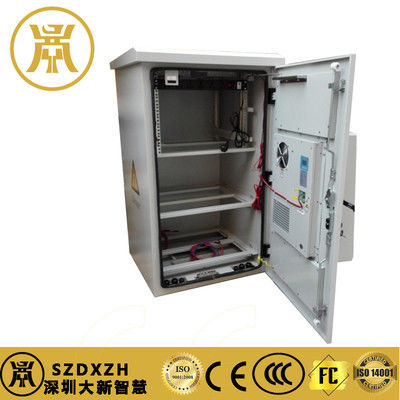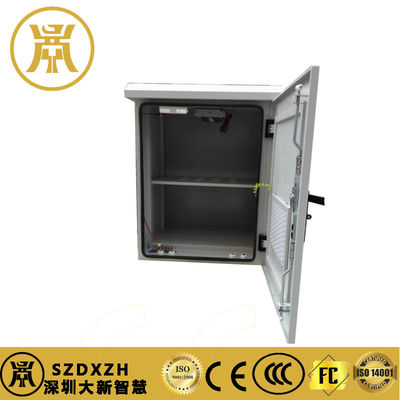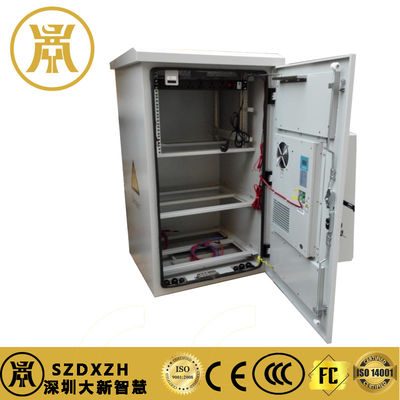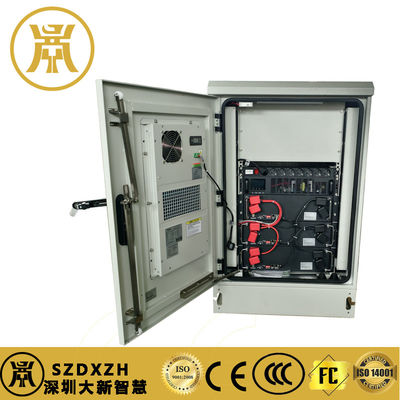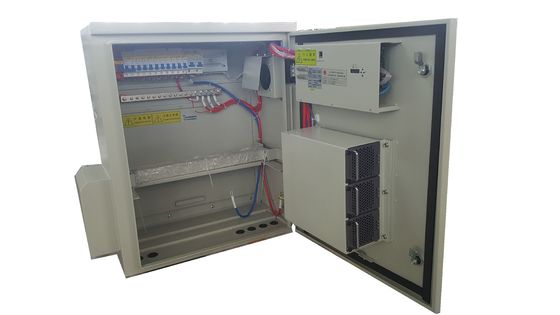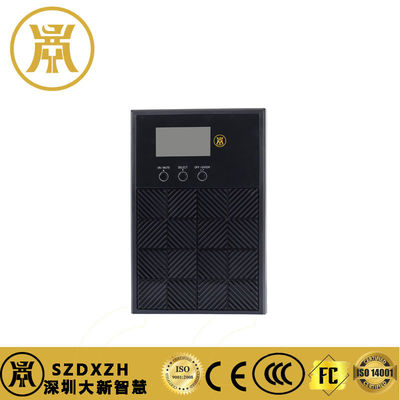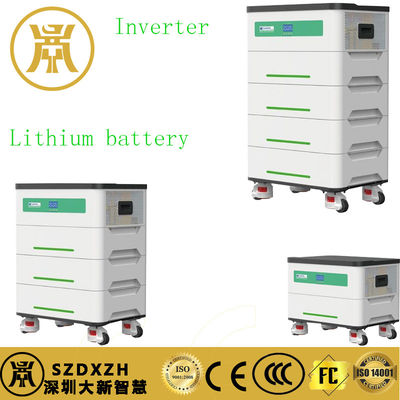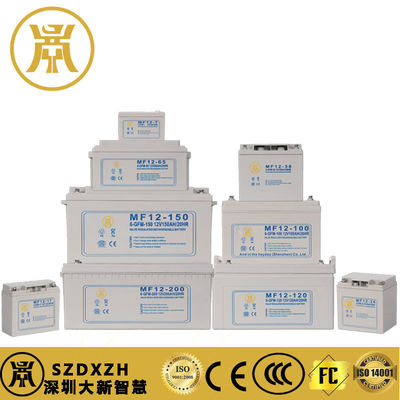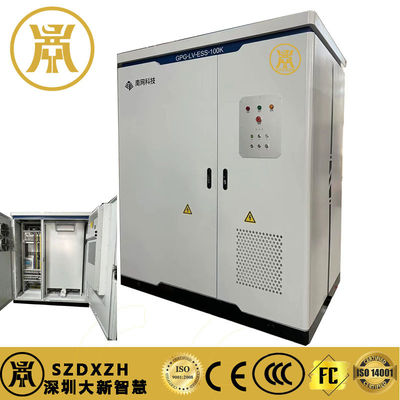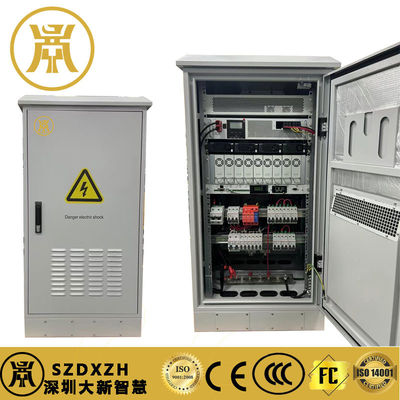Should you invest in industrial and commercial energy storage? The real rate of return is calculated!
Subtitle: In 2024, industrial and commercial energy storage is becoming a new high ground for competition between capital and enterprises,
but is it really worth investing in?

"How long does it take to pay for a project?" "Does it make money stably?"
"What are the hidden costs and risks?"
These are three questions that everyone who wants to get involved in industrial and commercial energy storage will ask. Today, we
systematically disassemble the real business logic of this track known as the "middle waist of new energy gold" from the perspective
of return on investment.
1. Industrial and commercial energy storage, the "potential stock" for investment?
Industrial and commercial energy storage refers to the deployment of battery energy storage
systems in scenarios such as enterprises, industrial parks, and commercial complexes. The
main functions include:
· • Peak cutting and valley filling: use the peak-to-valley difference in electricity prices to
achieve "low-price electricity storage and high-price electricity consumption";
· • Load management: reduce maximum demand and reduce force and electricity bills;
· • Power reserve guarantee: prevent production losses caused by sudden power outages;
• Participate in power market transactions: such as spot arbitrage, auxiliary
services (frequency modulation, backup, etc.).
2. How to calculate the return cycle? A set of real data
Take a 500kW/1000kWh energy storage system as an example (suitable for medium-sized factories
or logistics parks):
✅ Initial investment: approximately RMB 1.6 million (including battery, electronic
control, EMS, installation)
· ✅Annual income from peak and valley arbitrage: approximately RMB 180,000
· ✅Annual income from reducing electricity bills: about 120,000 yuan✅Revenue of power auxiliary
service (depending on the region): up to 50,000-80,000 yuan/year
· ✅ O&MAnnual cost (including battery replacement pre-withdrawal): about 30,000 yuan
Estimated total annual net income: approximately RMB 300,000-350,000

Return to this cycle estimate:
1.6 million yuan ÷ 320,000 yuan ≈ Repayment within 5 years, the expected return
for 10 years of design life is more than 60%.
3. Five key factors affecting return on investment
1. Peak-to-valley electricity price spread
• The bigger the price, the more valuable it is. The price difference between most southern cities can reach more than 0.8 yuan/kWh.
2. Electric load characteristics
• Whether there is "free at noon and busy at night" or "intermittent load" determines the energy storage utilization rate.
3. Electricity price mechanism and policy support
• Many places have introduced "demand electricity bill optimization policies", "energy storage subsidies" and "participation in the power market incentives".
4. System cost and lifespan
• Battery costs account for more than 70%, and brand, number of cycles, and retirement residual value affect the total income.
5. Operation and maintenance capabilities and EMS optimization level
• A "smart" energy management system (EMS) determines whether you can make "hidden gains".
4. Disassembly of investment logic in different scenarios
|
Application scenarios
|
Logical explanation of investment income
|
|
|
Factory (with peak and valley electricity prices)
|
Peak and valley arbitrage + reduce demand + maintain power stability
|
✅ Highly recommended
|
|
Commercial complex
|
It can be equipped with photovoltaic + energy storage + energy use management, and cooperate with user operation period
|
✅ recommend
|
|
Residential community
|
Small fluctuations in electricity use and long return on investment
|
⚠️ Consider carefully
|
|
Data Center/Hospital
|
Pay more attention to power reserve and safety, and the profit priority is lower
|
✅ Strategic allocation
|
5. Conclusion: Energy storage is not just a device, but also a "power asset that can be earned back."
Real energy storage investors focus not only on short-term electricity price difference, but on how to "commercialize, digitalize and visualize" the long-term operation of energy storage assets.
2024 is at the intersection of gold of "policy encouragement + cost reduction". If you are paying attention to energy transformation and asset allocation, industrial and commercial energy storage may be the next stop you should not miss.

 Your message must be between 20-3,000 characters!
Your message must be between 20-3,000 characters! Please check your E-mail!
Please check your E-mail!  Your message must be between 20-3,000 characters!
Your message must be between 20-3,000 characters! Please check your E-mail!
Please check your E-mail! 
